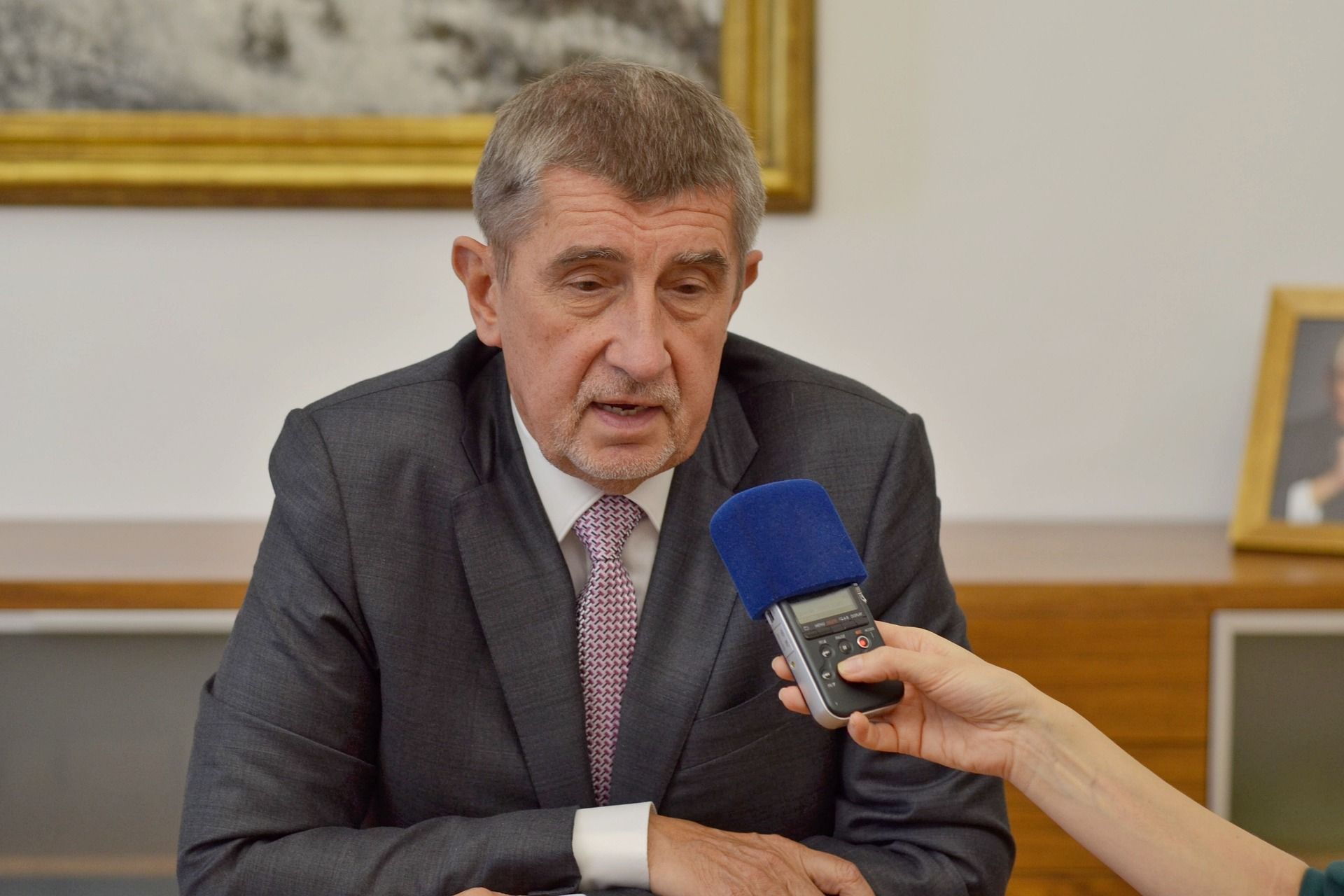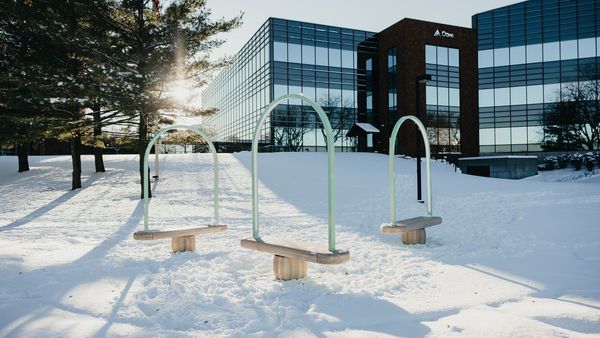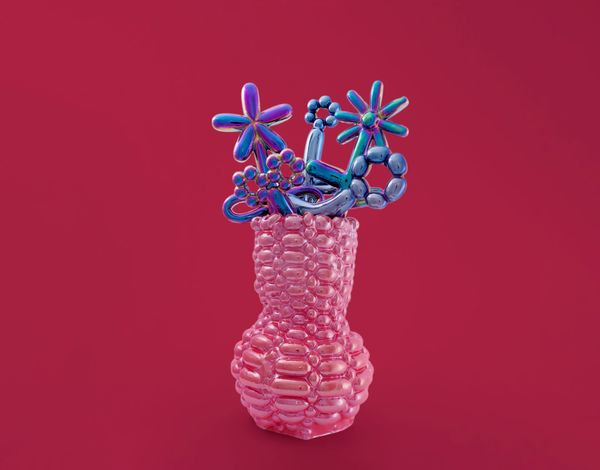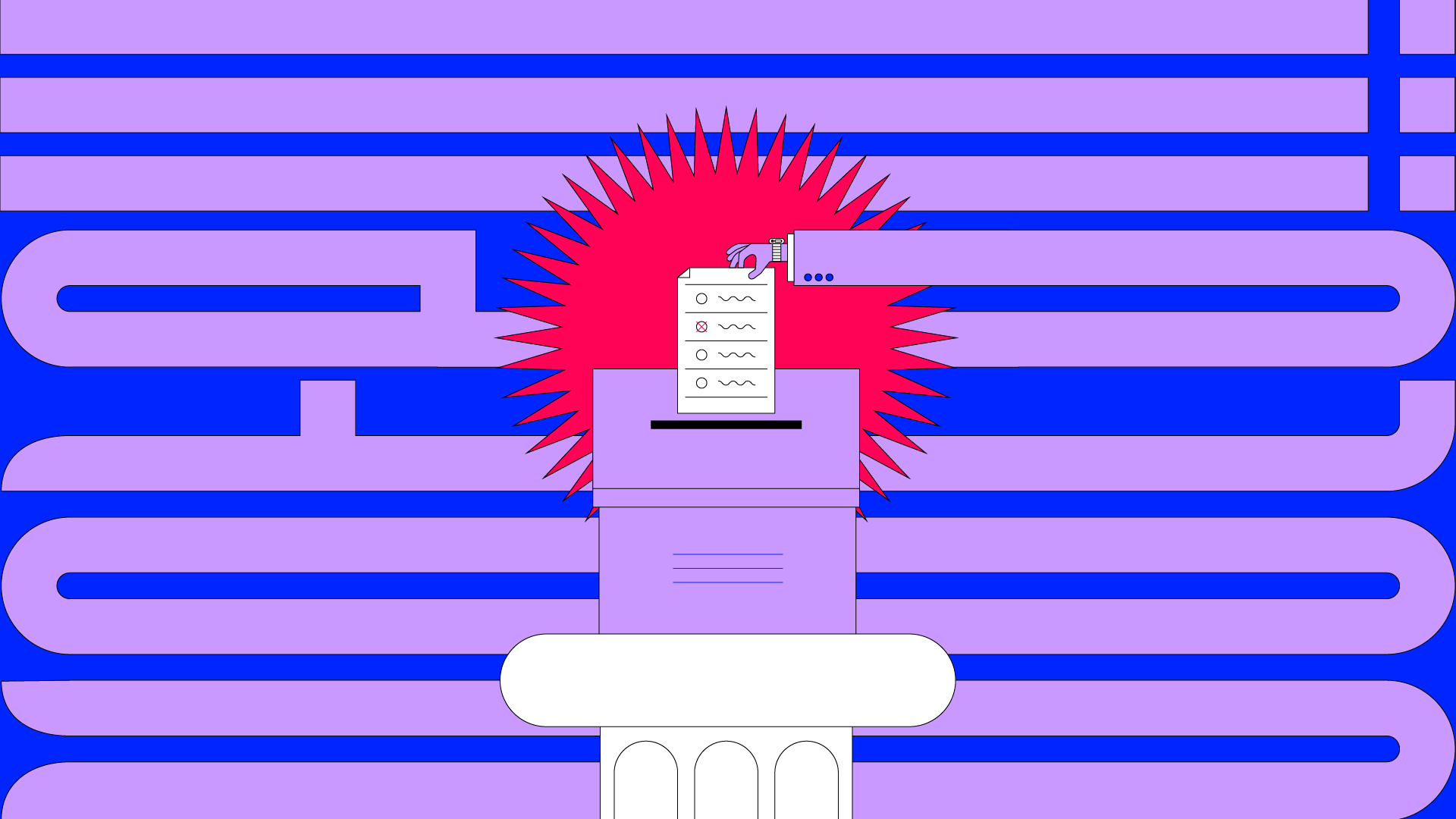Czech voters can choose between a former prime minister accused of corruption, a liberal university rector, and a retired law-and-order army general.
Incumbent Czech President Miloš Zeman is serving his second and last term, as he is not eligible to run for a third one, and the date of the Czech presidential election is approaching. There are plenty of choices, as twenty-one candidates are running for the presidency, but, of course, most of them have no real chance of winning. But let us focus on the frontrunners, including one of the most divisive figures in Czech and Central European politics, former Prime Minister Andrej Babiš.
The presidential election will be held soon, on 13-14 January. The election will be direct, and a candidate wins if they get more than half of the votes. If no candidate receives 50%, a second round will be held two weeks later with the two candidates who got the most votes in the first one. Three candidates have a chance to win the presidency: Petr Pavel, former Chair of the NATO Military Committee, who also served as the Chief of the General Staff of the Czech Army before, Danuše Nerudová, economist and university professor, former rector of Mendel University, and Andrej Babiš, former Prime Minister who also served previously as the Minister of Finance. Babiš is the richest Czech man whose political career is quite turbulent. The three candidates’ profile is very different, but polls suggest that their support is only a few percent apart. So, the race cannot be called yet for sure. According to Politico, Pavel is the most popular, with 24%, followed by Babiš with 23% and Nerudová with 15%. Some analysts say that the real question is who can challenge Babiš in the second round, but others highlight that it is not sure whether the former prime minister will even make it to the top two.
Petr Pavel is getting quite popular with his military background, and he believes Prague should more actively commit itself to the EU and NATO. Regarding foreign policy, Nerudová agrees with him; both see dependence on authoritarian regimes as dangerous. But they have very different views on domestic policy. Pavel’s impressive military career and background have heavily influenced his law-and-order political visions: he is determined to „restore order and peace in Czechia.” He has a quite divisive standpoint on migration: Pavel would only allow immigrants with a similar cultural background to Czechs, so, for instance, Ukrainians, but not Arabs. He does not support those immigrants who want to move to Czechia for purely economic reasons, even if they would benefit the Czech economy and demographic situation.
Nerudová is also pro-EU and pro-NATO, with an innovative domestic policy program focusing on renewal. She favors liberal values and wants to focus on the defense and strengthening of the democratic system, digitalization, and modernization. Babiš’s two rivals equally deem it crucial to uniting the divided and polarized Czech society, but whether one of them will get a chance to do it depends on the former prime minister’s capability to maintain his popularity.
Babiš had several messy corruption scandals, and many Czechs would never vote for him because of his secret deals covering billions. But a large group of Czech constituents still support him. Babiš is a billionaire, and although currently facing a corruption trial, he announced his candidacy at the end of October and said that he only wants „people to have a better life.” But most Czechs find the former prime minister’s words hardly credible; the largest demonstration in contemporary Czech history was held against him: in 2019, around a quarter of a million people demanded his resignation on the streets of Prague, the largest crowd since the Velvet Revolution in 1989 that overthrew the communist regime. The protesters wanted Babiš to resign because of a murky corruption case; the then-prime minister is alleged to have illegally obtained a CZK 50 million (HUF 843 million) EU subsidy to build a leisure center called Stork's Nest. Babiš went on trial again in the autumn of this year in the Stork's Nest case, which has been ongoing for about a decade and a half. He considers the charges politically motivated, only aiming to discredit and remove him from Czech politics.

Babiš was also mentioned in the so-called Pandora Papers, which are leaked documents by an international team of investigative journalists. Several influential politicians were named and linked with shady offshore cases, including Russian president Vladimir Putin and Ukrainian president Volodymyr Zelensky. Still, Babiš’s scandal was probably the most embarrassing; the journalists revealed that he has a $22 million chateau on the French Riviera, which he bought via offshore companies in 2009. The leaks came at a terrible time for Babiš, just before the 2021 legislative election. His party finally lost by a hair's breadth, and Petr Fiala became the new Czech prime minister, still in office.
Babiš is often compared to Silvio Berlusconi and Donald Trump; he was a wealthy businessman before his political career, just like the former US president. Furthermore, he also campaigned with nationalist slogans and promised to „make Czechia great again.” He has problems with the West’s scrutiny, for instance, because he was the Communist secret police’s agent in the eighties, according to Slovak documents. In his political campaign, he appealed to voters with anti-immigration, anti-EU, and anti-establishment messages, claiming he is the „common man.”
In addition to the three leading candidates, there are eighteen other contenders. The underdogs confuse even the political analysts and experts, as it is often unclear why they make so much effort when they have no realistic chance of winning. Otto Eibl of Masaryk University told the English-language Radio Prague International that he does not really understand many presidential aspirants’ motivations. „I do not understand their motivations, to be honest. They are going to spend a tremendous amount of money just because they want to be seen or to be heard in the public sphere, and that could be enough for some of them, - Eibl said. However, the expert added that they just live with their democratic right to run for the presidency, and thus there is no problem with their candidacy. He added that one of their potential motivations is to run for the Senate later, as unsuccessful presidential candidates were successful in the Senate elections in the past. Regarding the candidates with a realistic chance of winning, Eibl predicts fierce competition. Although the Czech president does not hold executive powers, presidents play a crucial role in shaping the country’s international image and influencing which direction Prague is going in global politics.
Update: on 9 January, 2023 presidential candidate Andrej Babiš got acquitted by a Czech court for alleged fraud in connection to the Stork's Nest leisure center. Based on the verdict, Babiš is innocent.
Graphics: Roland Molnár

Musical benches bring play to public spaces

Merch collection made from the waste left on the Himalayas










